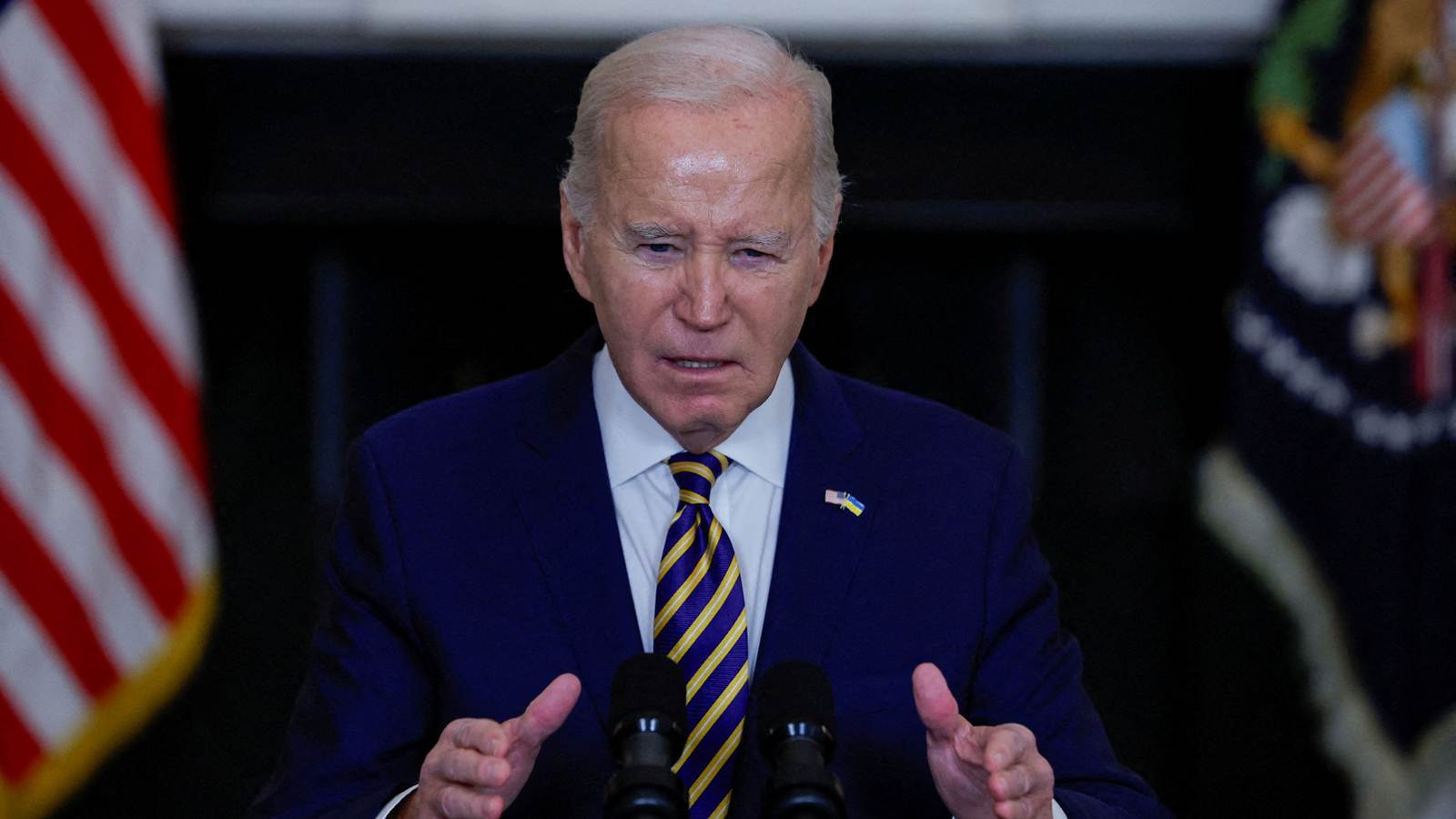Despite growing discontent in business circles and calls from antitrust lawyers to tighten their oversight, the Federal Competition Commission (Weko) will not be given stricter shackles in their fight against cartels, a decision made by the Council of States on Tuesday. However, agreements on wage caps in professional sports leagues will be permitted in the future. The matter is currently stirring up emotions in politics and business: under what rules should competition authorities fight cartel agreements?
Business circles and antitrust lawyers are calling for tighter restrictions on Weko to curb its “excessive” activism. Critics warn that Switzerland could fall back into an old-fashioned cartel economy if competition watchdogs are limited. The decision to maintain the current level of oversight was made during the debate about revising antitrust law, a key driver of Switzerland’s high level of prosperity and market economy.
Under current law, hard cartel agreements, such as price, quantity, and territory agreements between competitors, are generally prohibited if they eliminate or significantly impair effective competition. In a landmark ruling in 2016, the Federal Supreme Court clarified that hard cartel agreements by their nature significantly impair competition. This decision came in the context of the Elmex toothpaste case (Gaba ruling), demonstrating the importance of fighting cartel agreements to protect fair competition.
Despite calls for tighter restrictions on Weko to prove harm qualitatively and quantitatively in each individual case, the Council of States narrowly decided to maintain the current legal framework. This decision was met with criticism from those who argue that the level of proof required of Weko is too low, raising concerns about the rule of law and the effectiveness of combating hard cartels.
One point of contention was the relaxation of antitrust rules in professional sports leagues, specifically allowing for agreements between clubs on wage caps. This proposed change aims to curb the wage spiral in sports industries and provide financially weaker clubs with better chances of remaining competitive. The decision to permit wage cap agreements was made by the Council of States despite opposition arguing that antitrust rules should apply universally and federal parliament should not interfere with sports wage policies.
The antitrust dossier will now move to the National Council for further discussion before any final decisions are made.
In summary, despite calls from business circles and antitrust lawyers for tighter restrictions on Weko’s oversight, it has been decided that they will not be given stricter shackles in their fight against tough cartels while wage cap agreements will be permitted in professional sports leagues.


